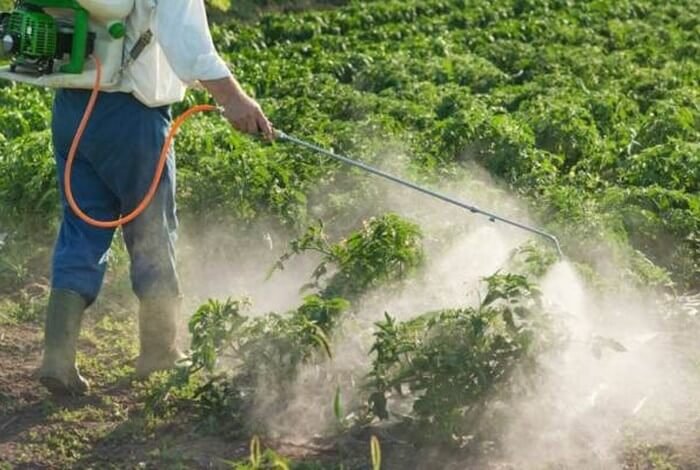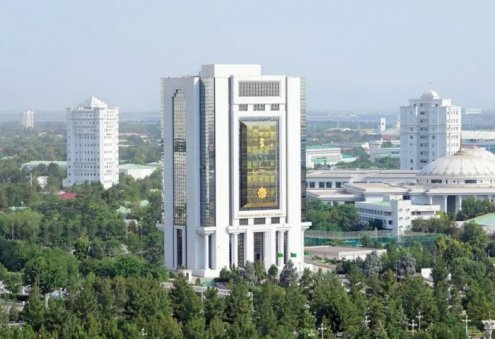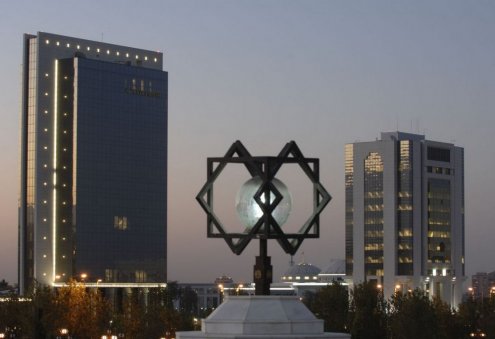The main topic discussed during the First Summit of the Heads of State of Turkmenistan, Turkey and Azerbaijan in the Avaza National Tourism Zone, located in the coastal region of Turkmenistan, was the issue of energy supplies to Europe. This topic does not only concern the delivery of natural gas and its use in heating or factories. Another important sector that natural gas affects is agriculture. This sector is expected to be among the main areas of attention in Europe in the future.
All living organisms and plants need many elements for growth. None of these elements is more important than nitrogen, which forms proteins and therefore tissues. Air is mostly nitrogen, but agriculture needs more reactive nitrogen compounds such as ammonia made from nitrogen and hydrogen.
Natural fertilizers also contain elements necessary for agriculture. But if we only relied on natural fertilizers for agriculture, that would perhaps be sufficient for a population of at most 4 billion.
The world produces more than 170 million metric tons of ammonia annually, mainly using natural gas to produce hydrogen. Since natural gas can not be transported overseas easily, its price in Europe is many times higher than in the. Natural gas accounts for about three-quarters of the fertilizer cost, so fertilizer factories in Europe have either reduced or stopped their operations altogether. Thus, factories in North America have increased their market share. It is also unlikely that natural gas supplies in Europe will disappear any time soon.
US fertilizer producer CF Industries Holdings increased its 2020 revenue by 158 percent compared to 2019, despite stopping some of its production in Europe. Earnings per share increased nearly nine times, reaching $118.
Last year's drought and shortages in fertilizer supply reduced grain production. This decrease increased the prices of crops such as corn and wheat. Experts forecast that this year, farmers will need more fertilizer to increase production, which will result in higher fertilizer prices.
Fertilizer demand is seasonal and volumes increase late in the year. Joshua Spector, the expert who manages fertilizer stocks for Union Bank of Switzerland (UBS), one of the world's largest securities managers, expects prices to rise further in the next 3 to 6 months. The expert predicts stock gains of 25 percent for CF Industries, 27 percent for LSB Industries and 20 percent for a Canadian company Nutrien.
Nurmyrat Mommayev,
PhD Candidate at Marmara University's Department of Political Science and International Relations in Istanbul, Turkey


















